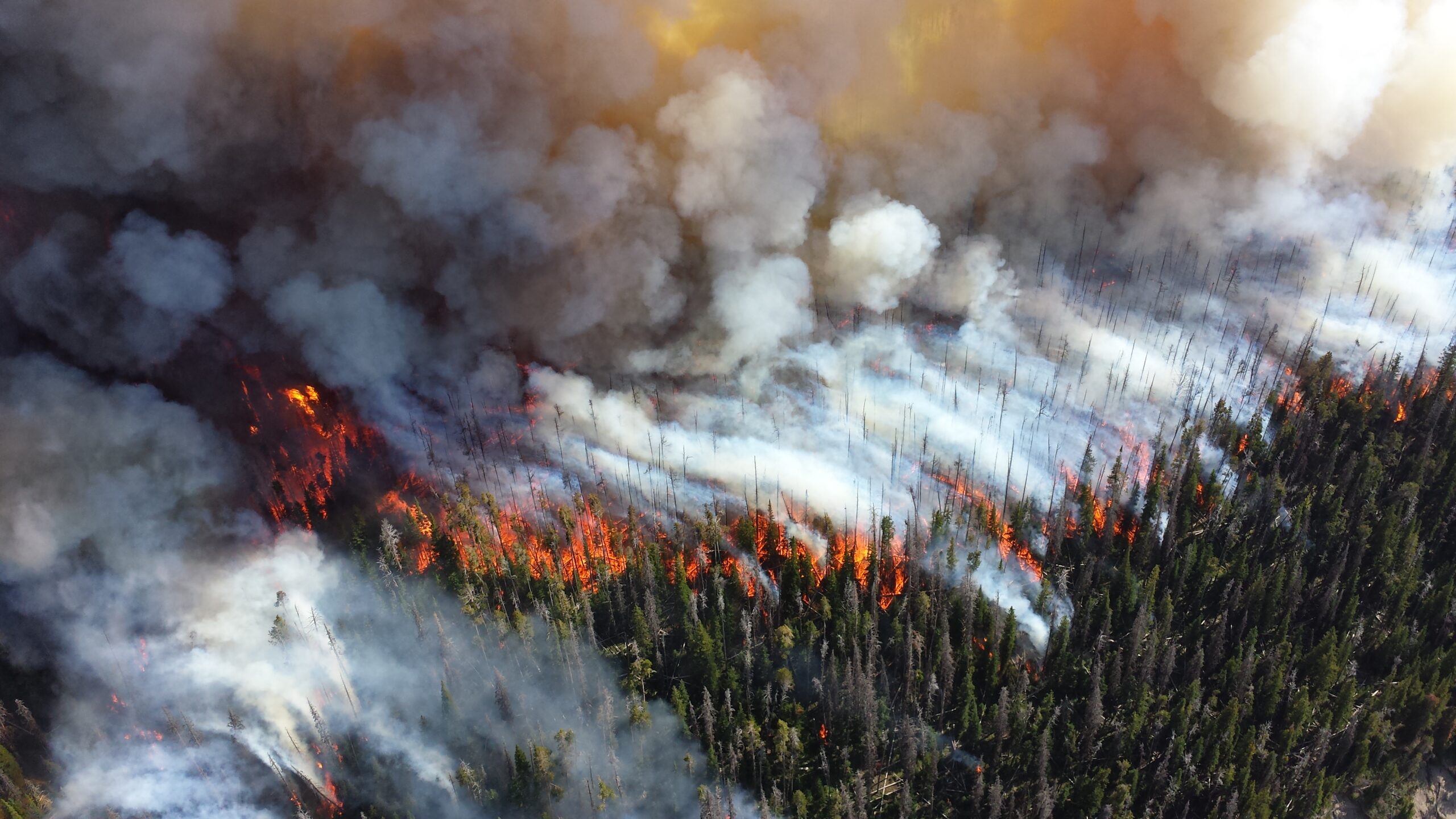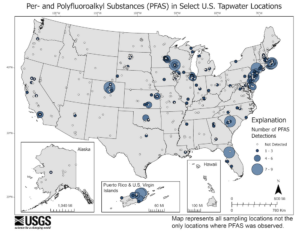Every year, the devastating impacts of human-caused climate change are increasing globally. However, the link between mental health and climate change has sometimes been allusive to researchers because its effects are so broad and varied.
The line between physical and mental health is often blurred. According to the American Psychiatric Association (APA): “Air pollution and higher temperatures that come with rising greenhouse gasses significantly increase the risk of neurological and psychiatric problems like strokes and dementia.” The knock-on effects of climate change are nearly endless and encompass changes in the supply and nutritional content of food. These effects contribute to psychiatric illness, stress from job loss, forced migration and damage to social cohesion and community infrastructure.
Fears around climate change and the existential threat it poses has led to new framings of the problem. The terms “ecological grief” and “eco-anxiety” have come into use to describe the feelings of loss or anxiety people feel related to climate change, including uncertainty about the future, according to the APA.
A glance at the research
According to a 2019 poll, 48% of Americans say their mental health has been impacted by climate change. This problem is especially prevalent in younger generations, which is demonstrated in a Lancet study that found that 84% of children and young adults ages 16 to 25 are at least moderately worried about climate change, and 59% are very or extremely worried. The body of research on grief and anxiety caused by climate change is small, but published research addresses some structural and holistic treatments that can help mitigate the widespread affliction.
In multiple studies, taking action to mitigate climate change and finding community in support groups are cited as some of the most powerful treatments for climate change-related mental illness. Researchers are exploring the connection between established methods of treating anxiety and the effect of taking steps to reduce one’s contribution to a warming planet. Journalists can explore these approaches as well.
When covering this topic, look for published research that mentions climate change but perhaps doesn’t have the subject as its central focus. There are a limited number of published studies that exclusively focus on climate change and mental illness, but that doesn’t mean valuable information on the topic isn’t in other papers. Climate change-related mental illness has been studied primarily in the last 10 years, with most of it coming out in the last five years. Terms like eco-anxiety are relatively new, so using a variety of search words will be important in your research.
Good examples of recent coverage:
- Climate change is also a threat to mental health — CommonWealth Beacon
- Climate Change Is Keeping Therapists Up at Night — The New York Times
- How psychedelic therapy may help with climate change anxiety — The Washington Post
How eco-anxiety is being treated
According to a paper by Baudon and Jachens, treatment plans should take a holistic, multi-pronged and grief-informed approach that includes eco-anxiety focused group work. The paper focuses on five themes for mitigating eco-anxiety:
- Fostering clients’ inner resilience.
- Helping clients find social connection and emotional support by joining groups.
- Encouraging clients to take action.
- Practitioner’s inner work and education.
- Connecting clients with nature.
This paper examines existing published literature about interventions for individual and group treatment of eco-anxiety. It’s also a great resource for journalists searching for researchers who have investigated eco-anxiety and studies about this topic.
Stress mitigation strategies
A 2015 narrative review published in the Indian Journal of Occupational and Environmental Medicine discusses the mental health impact of global climate change from the point of view of a developing country, which is likely to suffer the most from the negative impacts of climate change. According to the Organisation for Economic Co-operation and Development report on Poverty and Climate Change, the increased burden on developing countries “is due to the economic importance of climate-sensitive sectors (for example, agriculture and fisheries) for these countries, and to their limited human, institutional, and financial capacity to anticipate and respond to the direct and indirect effects of climate change.”
The narrative review offers climate stress mitigation tactics such as promoting positive mental health through yoga, for example, and access to mental health care. After climate disasters, the infrastructure for receiving mental health treatment can be compromised, and the authors suggest that aid may be required from other regions to meet the need.
From a policy perspective, debt-abolition or economic support for farmers could help reduce deaths by suicide. The creation of co-op funds can help farmers avoid crop failure and loan sharks, which can further exacerbate the debt burden from a disaster.
Climate anxiety and role of journalists
Journalists have the unique responsibility to inform readers of newsworthy events in the world, and climate change ranks high as a newsworthy subject. It represents an existential threat that is amorphous, intersectional and looming. To complicate matters, climate change has constantly been contested, creating a volatile and difficult-to-cover beat — historically, causing many journalists to fall into the “false balance” trap.
As journalists report on the evolving story of climate change, some readers have been overwhelmed with anger, sadness, despair, fear and guilt. In an NIH published paper, researchers analyze how exposure to climate change information through the media relates to climate anxiety and individual and collective self-efficacy, and to evaluate the relationship between climate anxiety and efficacy beliefs. The Solutions Journalism Network is one organization that provides guidance and examples of climate change reporting that goes beyond “gloom and doom” and explores other approaches.
Additional resources
- How to talk to your kids about climate change — American Psychiatric Association
- Rising temperatures may impair cognitive development in children and adolescents — National Institute of Health
- Food Insecurity and the Risks of Depression and Anxiety in Mothers and Behavior Problems in their Preschool-Aged Children — American Academy of Pediatrics
- A peer-to-peer support space for people overwhelmed by collective injustices and eco-anxiety/climate grief/eco-distress — Good Grief Network
- This information resource is for children and young people, their parents, carers, teachers and other people who might support them — Royal College of Psychiatrists
- Website exploring psychological responses to the climate crisis to strengthen relationships and resilience for a just future — Climate Psychology Alliance
- How Climate Change Affects Our Mental Health, and What We Can Do About It — The Commonwealth Fund









